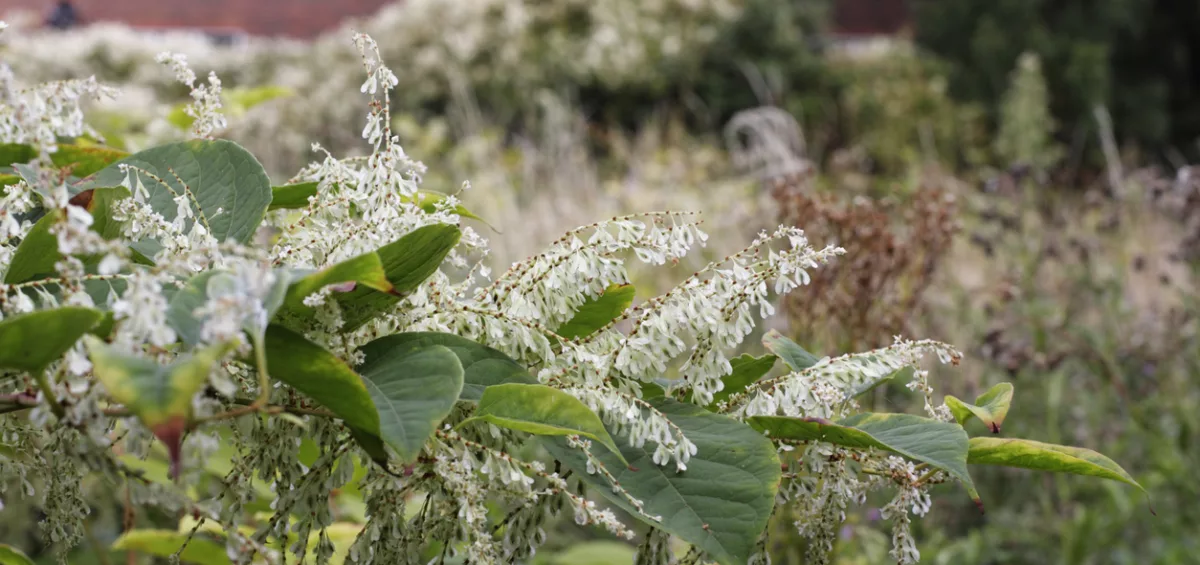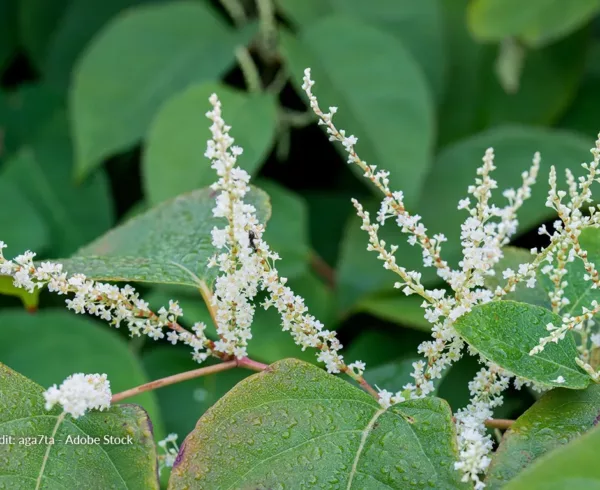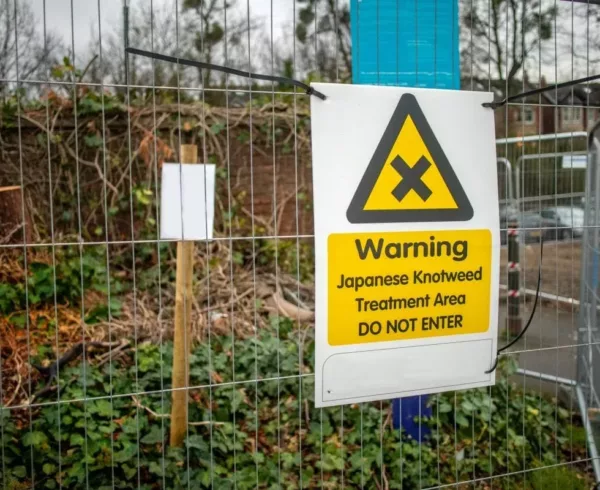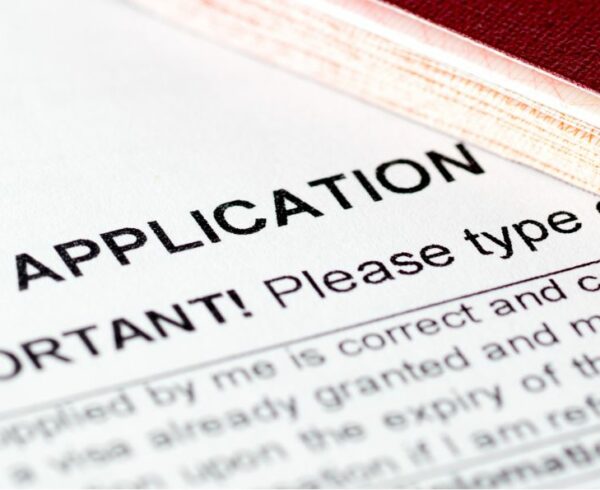A homeowner from East London, received more than £16,250 after he was sold a property by a seller who failed to disclose that it was infested with the country’s most invasive plant, Japanese knotweed.
After purchasing the three-bedroomed home he became suspicious a year later when he started to notice long, dark shoots coming up in the garden.
He initially had no idea what the shoots were, or the severe damage they could cause to the property. He said: “I didn’t know anything about Japanese knotweed at the time, but I was intrigued by its sudden appearance, so I did some initial research online and, to my surprise, found that it could be Japanese knotweed. The images certainly looked like what I could see sprouting up in the garden, so I got in touch with the seller who I was still on good terms with – to ask for his advice as I wanted to resolve it amicably.
“He advised that it was simply bindweeds and to cut them down and treat it with weed killer, which would solve the problem. But, it didn’t! I still wasn’t aware of the extent of the damage it could cause, but I was starting to get more concerned as traditional treatments weren’t working and it just seemed to be starting to grow out of nowhere in the garden.
“I called a gardener to help and he confirmed that it was Japanese knotweed. He told me how serious the problem was and advised that I get a specialist firm in, as it was the only way to get rid of it for good. He estimated that looking at the growth and extent of the problem, it could have been there for up to 10 years and that the previous seller had a legal requirement to disclose this prior to the sale.
“I again contacted the seller and he said he would excavate the garden and remove the Japanese knotweed himself. By now, the stems were long and brown and it became very apparent when we started to dig it out that this wasn’t going to be possible for us to resolve. I told him we needed to bring in a specialist firm, which he initially agreed to pay for. However, when I sent him the quotes across, he said he hadn’t been aware of the problem and it wasn’t his fault and therefore refused to pay.”
Following the seller’s refusal to cover the costs for treatment, he started to investigate his legal standing. He checked and found that the seller had ticked ‘no’ when asked if the property had Japanese knotweed. Sellers are required by law to declare if a property has Japanese knotweed on the TA6 form, which is completed as a standard part of the conveyancing process.
Unless they are absolutely sure that there is no sign of the plant on the property, sellers are advised to respond ‘not known’ in order to protect themselves from future legal action.
CoventryLive – “Warning signs you could have Japanese knotweed” with CEL Solicitors’ Paul Hampson
He added: “Had the seller ticked ‘unknown’ or even left the box blank, I would have investigated further, but as the seller specifically confirmed there was no presence on the property I had no cause for concern. I sought legal representation from CEL Solicitors, who immediately confirmed I had a strong case and took me through the process step-by-step.
“Within just six months I had received a settlement of £16,250, which covered the costs to bring in a specialist extractor to remove all traces of Japanese knotweed. CEL Solicitors even managed to claim compensation from the surveyor as they should have noticed the infestation during the property survey, yet they had completely missed it.
“It’s such a relief to have the issue resolved and not have to worry about the long-term effects it could have had on my new home. When CEL’s surveyor came in to assess the problem, they estimated that if the issue had not been resolved then it could have diminished the value of the property by up to £10,000, as well as causing irreparable damage. Before this, I had no idea about the potential problems this could cause. More awareness definitely needs to be raised so that new homeowners know what to look out for and when to seek legal advice.”













